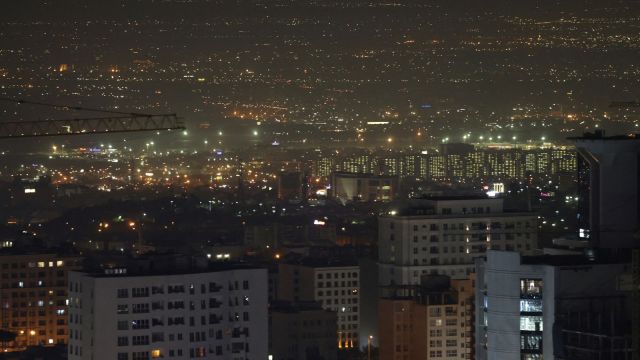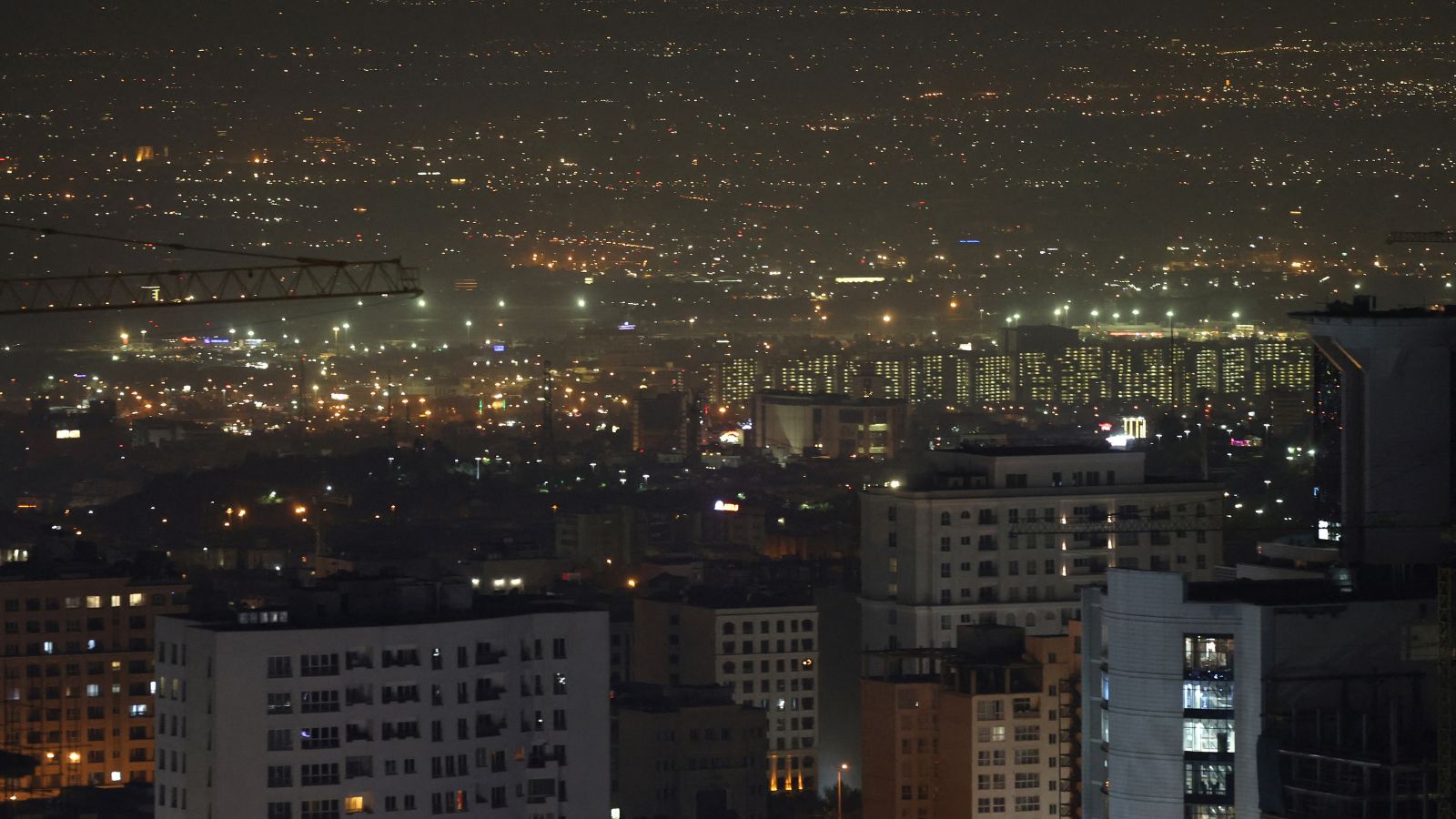
Following the killing of Hezbollah chief Hassan Nasrallah in September, Israeli experts began talking about immediate Iranian retaliation. Iran had been “holding” fire since the killing of Hamas political chief Ismail Haniyeh in Tehran in July in an Israeli intelligence operation. On October 1, Iran launched 200 ballistic missiles at Israeli targets and managed to hit a few military bases. After weeks of posturing and deliberation, Israel finally responded with aerial attacks on Iran in the wee hours of October 26. Within an hour or so, announcing Israeli strikes against military centres in Tehran, Ilam and Khuzestan, Iranian defence command claimed that all strikes had been intercepted and countered successfully with limited damage. As of now, the Iranian claims seem to be supported by social media, as well as media coverage on all sides. The Israeli offensive against military targets may not have been symbolic, but was limited in scope and was mounted after weeks of advance warning to Iran. Thus, the intention appears to be to re-establish deterrence with Iran, for domestic consumption and international posturing, rather than causing significant damage and escalating the conflict. Nonetheless, the latest round of the Israel-Iran confrontation has taken a more dangerous turn.
Expectedly, the war in Gaza has opened many combat fronts for Israel in the region, against Iranian allies such as Hezbollah, the Houthis and militias in Iraq and Syria. Though standing firm with Israel in its defence as its closest ally in the Middle East, the US has ensured it does not get into a war with Iran on behalf of Israel. As a natural progression of the continued fighting in Gaza and with Hezbollah, Israel and Iran have had direct exchanges since April, when Israel attacked the Iranian consulate in Damascus, killing top generals from the Islamic Revolutionary Guard Corps. A fortnight later, after giving advance warning, Iran mounted unprecedented missile and drone strikes on Israel and managed to hit a few bases. With proactive, behind-the-scenes US intervention, Israel retaliated with a “symbolic” attack on Iran, which was amplified on social media as a serious aerial attack, but was not even claimed by Israel. The dialogue and diplomacy between US and Iran diffused the first round of direct exchanges between the two rivals.

But unlike the exchanges in April, this time, Iran has immediately and clearly threatened “punishment” for Israel, which may come before or just after the US elections in order to constrain the new President. Iranian experts have indicated that if the US were to become part of the offensive against Iran, then American bases and troops on Arab soil would face serious force protection issues. In addition, Iran could carry out an economic offensive by blocking energy supply routes and disrupting global supplies. The unusual aggression of the Iranian stance, even in the face of a limited offensive by Israel, appears to be preparation for a scenario where Donald Trump takes over the White House.
In his rallies, Trump has openly asked Israel to target Iranian nuclear sites. It was under his orders that top IRGC commander General Qasem Soleimani was killed in a US drone strike in Iraq in 2020. The US had accused him of attacks on its bases and troops in Iraq. The killing led to a political uproar in Iraq, initiating negotiations for the removal of all US troops from Iraq. The US-Iraq negotiations have picked up pace in recent months. With the continued threat from the remnants of ISIS in Iraq and Syria, it is unlikely that the US would want to risk withdrawing fully like it did in December 2011. So far, under the Biden administration, US-Iran diplomacy has succeeded in preventing attacks on US bases by Iran-supported local militia, who have also been very important in containing and defeating ISIS in Iraq.
Thus, the dynamics in the Middle East seem all set to be influenced by the US elections, with the race for the White House appearing to be neck-to-neck for now. The threat of retaliation by Iran against Israel may materialise sooner rather than later as part of Iranian strategy to counter potential breakdown of dialogue and diplomacy between Iran and the new US administration. The Middle East has never looked so dangerous for global security and prosperity.
The writer is a security analyst and former Director General of Police



